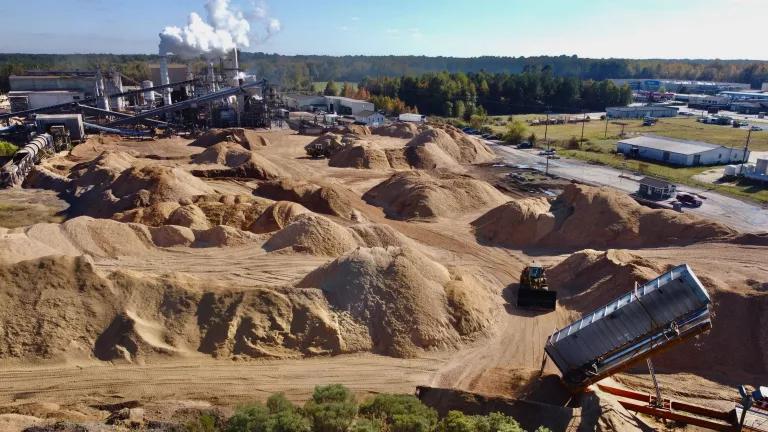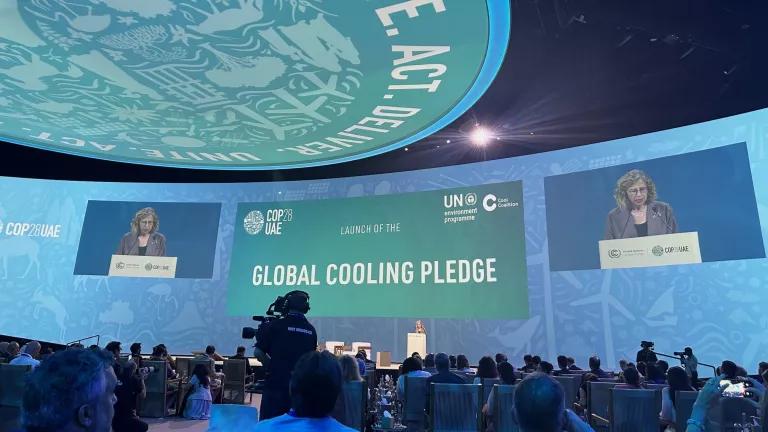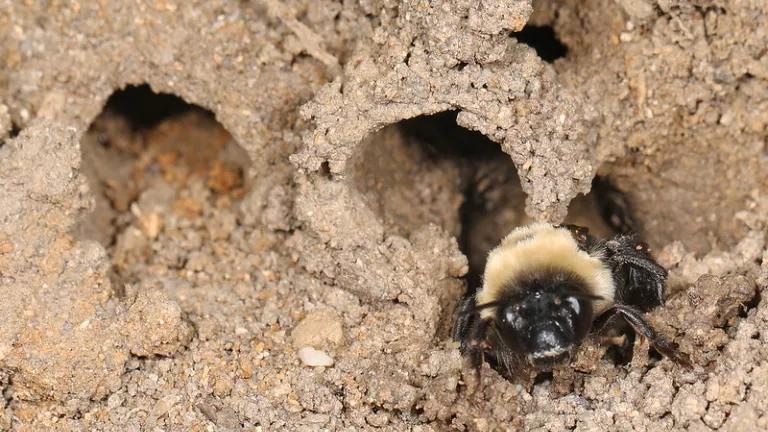What I Wish I Heard at the Climate Resilience Hearing

After years of foot-dragging in the House of Representatives, over a dozen climate change-related hearings have been held since Democrats took control in January. The newly formed House Select Committee on the Climate Crisis recently held their third hearing, Creating a Climate Resilient America, and I was hopeful that “resilient” also meant “equitable.”
Committee Chairwoman Kathy Castor (D-FL) kicked off with promising opening remarks, explaining that the purpose of this hearing was to discuss preparing for the consequences of the climate crisis, that disasters are getting worse, and that a commitment to climate justice is required.
“That means correcting the injustices that leave so many people, especially people of color, vulnerable to flooding, heat waves and wildfires,” Castor said.
She cited smarter electrical grids, restoring coastal wetlands, carbon-smart farming practices (like tillage and crop rotations), and increased investment as actions that can help build resiliency—all good options. Unfortunately, the conversation was plagued with questioning of established climate science and dismissiveness of the necessity for U.S. action, rather than focusing on how best to protect our most vulnerable populations.
The historical disenfranchisement of people of color in the United States is a major indicator and multiplier of climate vulnerability. Other vulnerable populations include those experiencing poverty, children, the elderly, pregnant women, individuals working outdoors, and those with preexisting health conditions or lacking health insurance. Many people belong to more than one of these groups and experience compounded impacts of climate change.
Dr. Rachel Cleetus, from the Union of Concerned Scientists, chose to center equity and justice in her testimony to the committee, as well as in almost every single response she gave to questions. She was the only hearing witness to bring up equity so consistently, and it was refreshing and encouraging to hear. It is imperative that climate change is looked at through a lens of equity and justice, rather than being treated as an afterthought that must be woven into existing plans.
Here are a few opportunities for building resilience to climate change with equity that I wish had gotten more attention during the hearing:
Healthcare
Healthcare systems have a unique opportunity to partner with local communities to work together to improve the health of residents as they are impacted by climate change. Climate change exacerbates or increases the likelihood of health outcomes like respiratory distress, heat-related stress and stroke, vector-borne illnesses like West Nile virus, and mental health conditions like anxiety and depression. After a climate disaster, getting healthcare systems back online and into operation is often a top priority. Adequate training and funding are necessary to best serve communities.
Housing
Gradual changes in climate and climate-fueled disasters can both can contribute to gentrification and displacement of residents. Setting affordable housing standards, improving energy efficiency of existing affordable housing, updating buildings and codes to withstand disasters, and giving residents a seat at the table when development and adaptation decisions are made are all ways to ensure that populations can be protected where they already are.
Planning
Creating comprehensive, inclusive climate plans can help coordinate local efforts and funding and provide an opportunity to formulate new solutions for unique geographies and cultural identities. For example, Louisiana’s new Strategic Adaptations for Future Environments (LA SAFE) report was released just two days before this hearing. It includes equity in the regional strategy framework, and discusses recommendations on affordable housing, multimodal transportation options, and public health. Ranking Member Garret Graves (R-LA) didn’t mention the report or the many climate harms facing his home state, and instead spent part of his time complaining about a supposed lack of action on climate by China.
This is far from an exhaustive list of how to make our communities more resilient while promoting equity. Climate change is here, it’s now, and it’s everywhere, affecting our health, our families, and our communities in myriad ways. It’s exciting that the climate crisis has finally become such a prominent and important topic in this Congress, but a failure to focus on equity and justice could result in some people being left behind. Congress still has more time to address this important aspect of the climate crisis and we hope they will do so soon.



